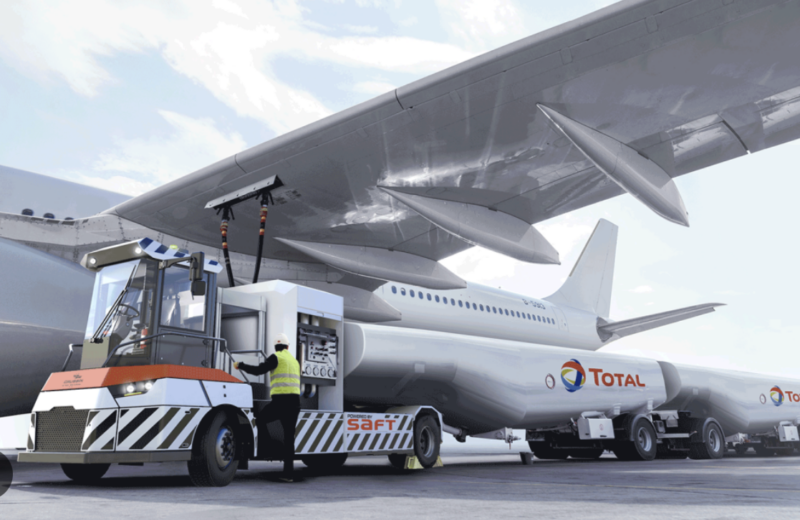Total Grandpuits, France

Project: Total Grandpuits
Feedstock: HEPFA – fats and oils
Type: HEPFA/Co-processing with fossil oil
Location: southeast of Paris.
Partner: SARIA
SAF Production planned: 2024
SAF Production: 210,000 tons per year
Commissioned in 1966, Total’s Grandpuits-Bailly-Carrois refinery was for a long time the only refinery near Paris. In September 2020, it launched a project to convert the site to carbon neutral proceeding Sustainable Aviation Fuel (SAF),
In 2022 SARIA and TotalEnergies agreed a joint venture. Under this agreement, TotalEnergies will take 50% of a production activity of SARIA, that will supply animal fat esters to Grandpuits. SARIA will take an equivalent stake in the biofuels business of the Grandpuits biorefinery, which will remain operated by TotalEnergies. SARIA will also directly supply used cooking oils.
“I am delighted to conclude this strategic partnership with SARIA, which reinforces the conversion of the Grandpuits refinery into a zero-crude platform oriented towards SAF. This is a major milestone in our ambition to become one of the leaders in sustainable aviation fuels,” said Bernard Pinatel, President, Refining & Chemicals at TotalEnergies. “SAF is the most efficient solution to immediately reduce CO2 emissions from air travel, and its development is fully in line with the Company’s Climate ambition to get to net zero by 2050, together with society.”
Unlike with its bio-diesel Total will not use vegetable oils as feedstock.
SAF produced by Total is available at Paris-Le Bourget Airport, Clermont-Ferrand Airport and Bordeaux-Mérignac Airport.
“By producing sustainable aviation fuel at our French sites today, we are able to respond to strong demand from an aviation industry looking to reduce its carbon footprint, while adapting our industrial resources. As a broad energy company, we support our customers by providing innovative solutions to reduce their emissions. This commitment is fully aligned with Total’s climate ambition to get to net zero emissions by 2050,” said Pinatel in April 2021.
